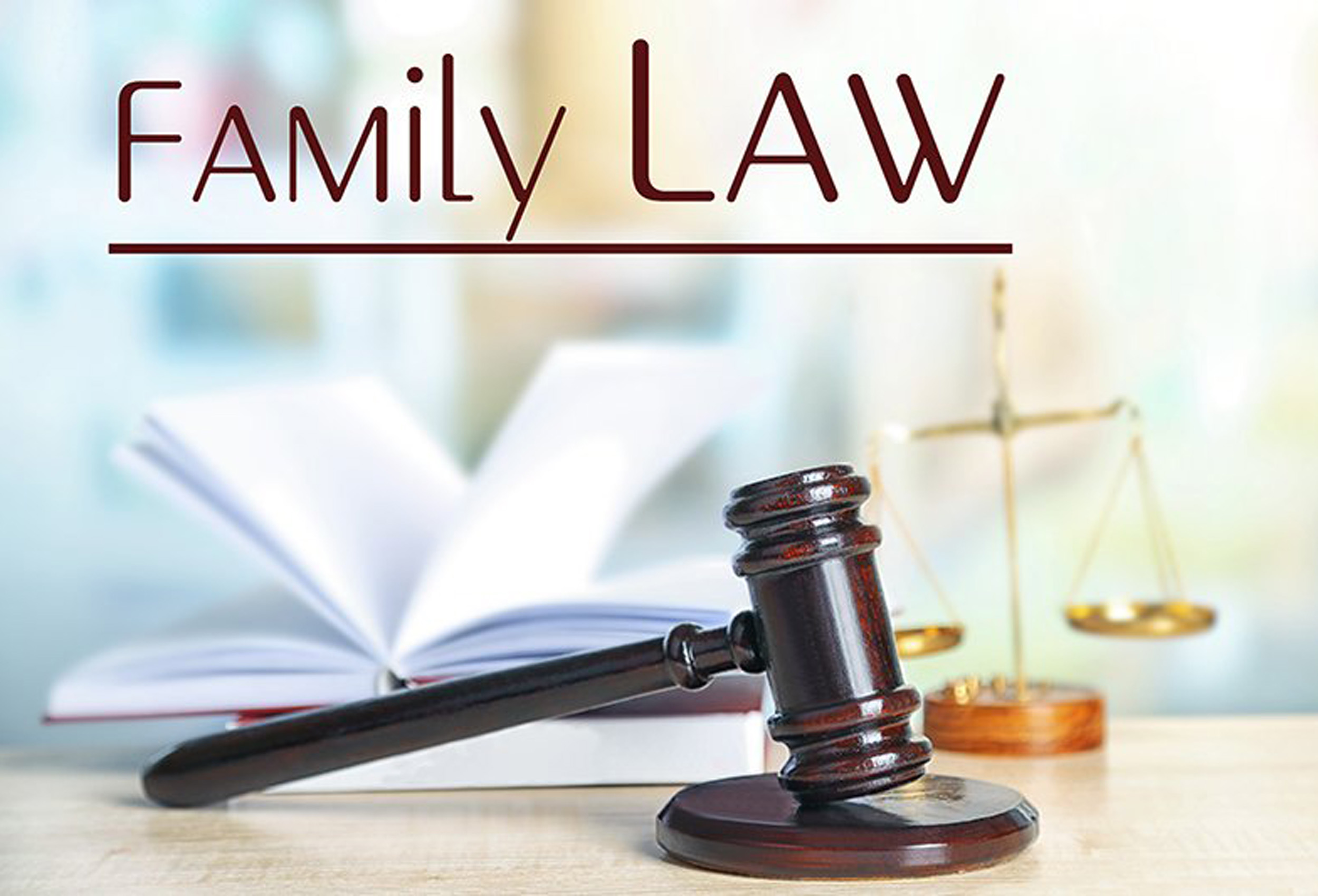Family law in the United Kingdom comprises a complex array of rules and regulations that govern family relationships. It includes everything from the legal aspects of marriage to matters involving children and the division of property upon divorce or separation. Here, we will unpack some of the core components and considerations within UK family law.
Key Areas of UK Family Law
Marriage and Civil Partnerships
Marriage and civil partnerships in the UK are governed by legal stipulations dictating who can get married or become civil partners, the process for doing so, and the legal consequences thereof. This area of law also covers same-sex marriages and the conversion of civil partnerships into marriages.
Divorce and Separation
In instances where a marriage or civil partnership breaks down, UK family law outlines the process for legal separation and divorce. The law addresses how assets should be divided and the criteria for spousal maintenance or alimony.
Child Law
Central to family law is the welfare of children. This includes the determination of who has parental responsibility, custody and visitation arrangements (known as “child arrangement orders”), and child support obligations.
Domestic Abuse
Family law provides protection for individuals and children who experience domestic abuse. It encompasses non-molestation and occupation orders, which are designed to keep the victim safe.
Adoption and Surrogacy
The legal processes of adopting a child or arranging for a child’s birth through surrogacy are tightly regulated. Family law sets forth the requirements and measures to ensure the child’s best interests are paramount in such circumstances.
Financial Settlements
When separating, couples must come to an agreement on the division of their financial assets. The law provides guidance on fair division, taking into account factors such as each party’s needs, the duration of the marriage, and contributions made by each partner.
Abington conveyancing solicitors have lots of experience in assisting clients with our domestic property services, and we will break down and discuss the stages of your purchase process. If you are a first-time buyer, we suggest you carry out a thorough check of your desired property to make sure everything is as it should be before you go any further.
Legal Considerations in Family Law
- Best Interests of the Child: When deciding on custody and residence, the child’s best interests are the court’s primary consideration.
- Non-Adversarial Approaches: Family law encourages separating couples to adopt conciliatory methods, such as mediation, to resolve disputes.
- Rights of Unmarried Couples: Although not afforded the same rights as married couples, the law does provide some protection for the property rights of cohabiting couples.
- Pre-Nuptial Agreements: Once not legally recognized in the UK, these agreements are given increasing respect by the courts, provided they meet fairness criteria and both parties receive legal advice.
The Legal Process
- Filing Applications: Courts require proper applications for most family law matters, like divorce or custody.
- Representation: Parties involved in family law proceedings may have legal representation. However, due to cuts in legal aid, self-representation is increasing.
- Court Hearings: Family law cases often require one or multiple hearings, especially if the parties cannot reach an agreement.
Conclusion
Family law in the UK aims to regulate family relationships fairly and respectfully. Whether you’re entering into a marriage, managing a separation, or navigating parenthood’s rights and responsibilities, understanding family law is crucial. For anyone going through these personal and sometimes challenging processes, seeking advice from a qualified legal professional can be invaluable in ensuring rights are upheld and obligations are met.

